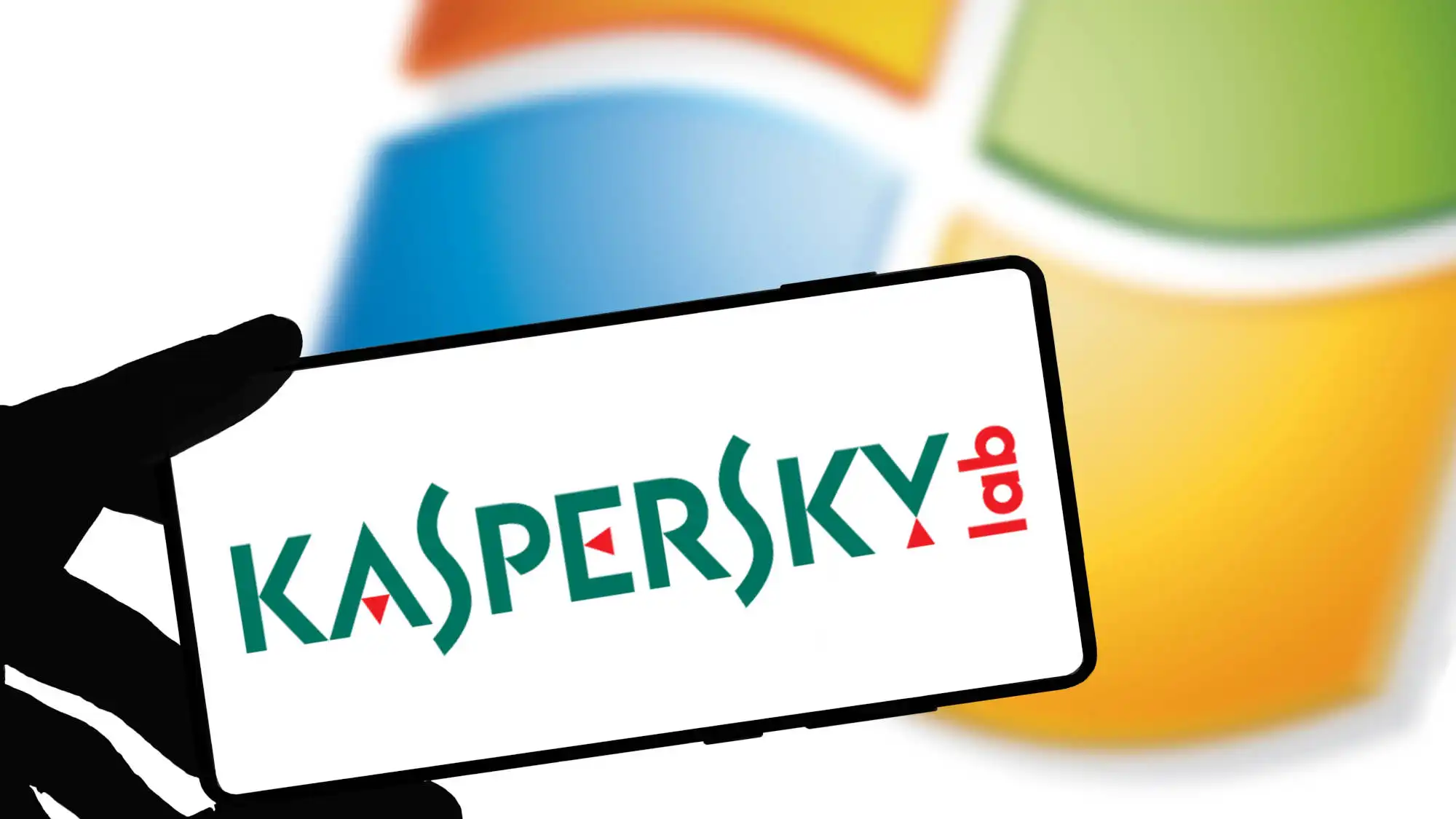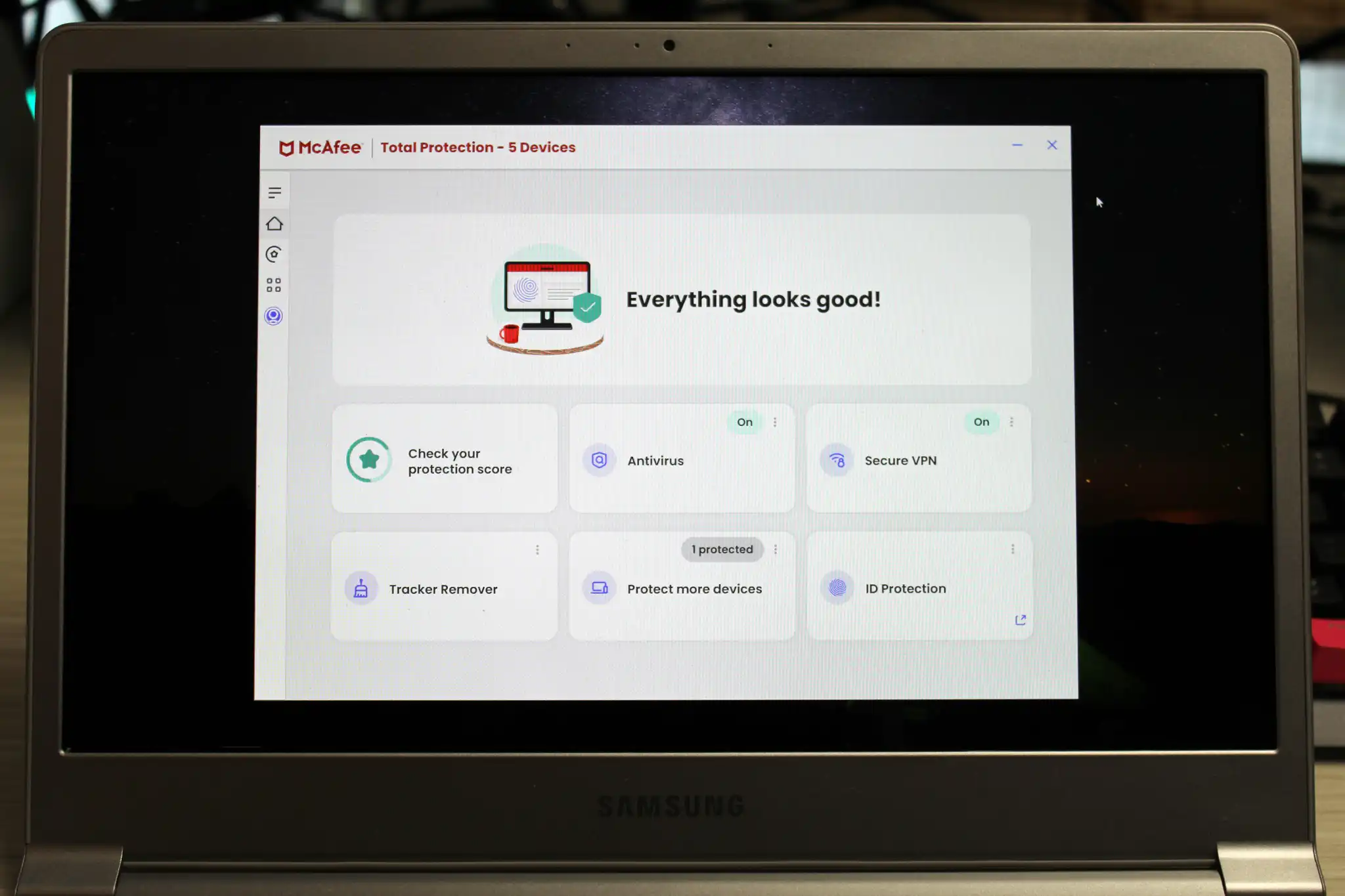Just a little over a week ago, the US government announced a ban of Kaspersky antivirus software—which will soon leave its remaining users without a functional program. Starting July 20, Kaspersky must discontinue sale to new customers and entering third-party partnerships, and on September 29, virus definitions, app updates, and operation of the Kaspersky Security Network cease (as do reselling, integrations, and licensing).
If you’re still using Kaspersky, you can use the software without legal penalty, but getting onto an alternative before your virus definitions go out of date is paramount. You don’t want to leave your PC vulnerable.
Here’s how to uninstall the program—and what you can do next to protect your computer.
How to uninstall Kaspersky in Windows 10
- Open the Start Menu or system search, then type apps.
- Choose Apps & Features.
- Scroll down to Kaspersky in the list, then click on it.
- Click on the uninstall button, then approve any dialog windows that appear.
- If the system doesn’t automatically prompt you to do so, reboot your PC.
How to uninstall Kaspersky in Windows 11
- Open the Start Menu or system search, then type apps.
- Choose Add or remove programs.
- Scroll down to Kaspersky in the list and click on it.
- Click on the three-dot icon on the far right of the entry, then choose Uninstall.
- If your PC doesn’t automatically prompt you, reboot your computer.
Which antivirus you should install next?
If you haven’t yet decided on an alternative to Kaspersky, you’re in luck: You don’t have to make a decision right away. When you uninstall a third-party antivirus program, you’re not left unprotected. Windows automatically reactivates the necessary components of the Windows Security suite (including the Microsoft Defender antivirus engine and Windows Firewall).
You can then stay with Windows Security, or pick a new alternative. If you go the latter route, our list of the best antivirus software can help you narrow down your choice—though should you want a fast suggestion, our current top pick packs in features without costing a ton.




